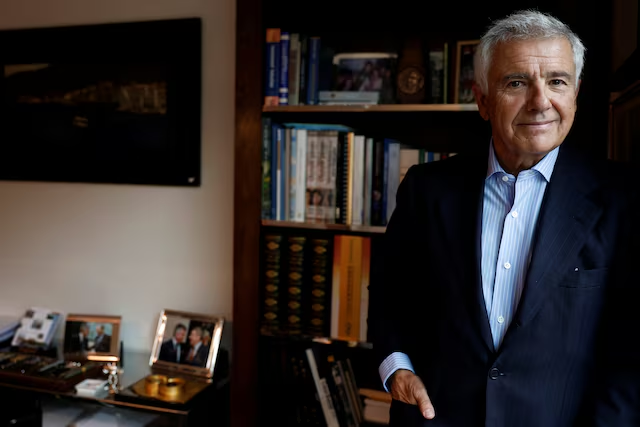
Front-Runner Samaranch Warns of Unpredictability of IOC Presidency Vote
Introduction to the IOC Presidency Race
As the International Olympic Committee (IOC) prepares for a decisive election, Juan Antonio Samaranch Jr., one of the front-runners for the prestigious position of IOC president, is acutely aware of the unpredictability that surrounds the vote. The Spaniard, who serves as an IOC vice-president, is among the top contenders, alongside Zimbabwe’s sports minister Kirsty Coventry and British World Athletics President Sebastian Coe. The highly anticipated election will take place on Thursday, and with seven candidates vying for the role, the race for the next IOC president remains wide open.
The election will follow a unique process, known as the election by elimination, where candidates are gradually eliminated until one secures the majority of votes. Samaranch, whose father was IOC president from 1980 to 2001, is confident in his track record but is cautious about predicting the outcome. His remarks shed light on the complexities and uncertainties that come with a vote where confidentiality is paramount, and deals may be made behind closed doors.
Samaranch Jr. Confident Yet Cautious

Front-runner Samaranch warns of unpredictability of IOC presidency vote
Juan Antonio Samaranch Jr. has expressed confidence in his candidacy, citing the strong communication and work he has accomplished within the IOC. However, he is careful not to overstate his assurance about the results. “I’m confident because I’m pretty proud of the work done and how we have been able to communicate. But confident on the result is very difficult to be,” he said.
The election process itself is not straightforward. It’s designed to be unpredictable and is structured in such a way that it is challenging to gauge the outcome until the actual voting takes place. The system of voting by elimination means that the field will be narrowed down with each successive round, making the eventual winner’s path to victory unclear until the final votes are cast.
“It’s a really complicated system, more than complicated. It’s a very good system,” Samaranch explained, emphasizing the integrity of the voting process. Each IOC member has one confidential vote, which ensures that their decisions are independent and free from external pressures.
The Election by Elimination Process

Olympics-IOC session opens in ancient Olympia as presidential election looms
The election by elimination process is one of the defining features of the IOC presidency race. In this system, one candidate is eliminated after each round of voting until a clear winner emerges. To secure the presidency, a candidate must achieve an absolute majority of the approximately 100 votes cast by IOC members.
David Lappartient, the president of the International Cycling Union (UCI), who is considered a dark horse in the election, predicted that the voting would likely go through several rounds. “It’s only possible to know when the real votes are cast,” he stated, indicating that the outcome is uncertain until the final moments.
This system is designed to test a candidate’s political acumen and ability to build alliances throughout the process. The result is often determined by subtle negotiations and behind-the-scenes deals that can shift the outcome with each round of voting. As Samaranch noted, “All the IOC members have one thing which is extraordinarily precious, which is a vote, and its confidentiality. That gives each one of us the full independence to decide whatever we think is better.”
The Candidates and Their Strengths

No transparency please, we’re the IOC: Coe makes his pitch for world sport’s top job | International Olympic Committee
While Samaranch, Coventry, and Coe are widely regarded as the top three candidates for the IOC presidency, the election remains fluid with other candidates such as David Lappartient and Morinari Watanabe also in the running. Each candidate brings a unique set of skills and experiences that may influence the final result.
Juan Antonio Samaranch Jr.
Samaranch is one of the most prominent figures in the election. His father, Juan Antonio Samaranch, was IOC president for over two decades, and the younger Samaranch has significant experience as an IOC vice-president. He is regarded as a strong communicator with a deep understanding of the IOC’s workings, and his family’s legacy in the world of sport only strengthens his candidacy.
Kirsty Coventry
Kirsty Coventry, a former Olympic swimmer from Zimbabwe, is also considered a strong contender. As an IOC executive board member and the sports minister of Zimbabwe, she has proven leadership abilities and a commitment to expanding the influence of the Olympic Games. Her candidacy reflects a desire for greater diversity and representation in the IOC leadership.
Sebastian Coe
Sebastian Coe, a former Olympic athlete and the current president of World Athletics, has built a formidable reputation in the world of sport. His expertise in athletics and his role in organizing the 2012 London Olympics make him a highly respected figure. Coe’s leadership and experience in managing major international sports events position him as a strong candidate for the IOC presidency.
David Lappartient
Although not as widely recognized as the top three, David Lappartient, president of the International Cycling Union, is considered a dark horse in the race. His strong leadership in the world of cycling and his ability to navigate the complexities of international sports politics make him an intriguing candidate. He is expected to build support through his network within the IOC.
Morinari Watanabe and Johan Eliasch
Other candidates, such as Morinari Watanabe, president of the International Gymnastics Federation, and Johan Eliasch, head of the International Ski and Snowboard Federation, are seen as less likely to win, but their presence in the election highlights the breadth of candidates vying for the presidency.
Behind Closed Doors and Confidential Votes
With the nature of the election by elimination, the importance of confidential voting cannot be overstated. Every IOC member’s vote is secret, which means that candidates must be adept at managing their relationships with the members while also securing their support. The uncertainty surrounding the process is compounded by the fact that it is easy to misinterpret signals during the campaign.
Samaranch himself acknowledged the challenges of understanding the intentions behind members’ actions. “Secret ballot, it’s so easy. It’s so easy to get confused, and it’s so easy to misread the signals. So I don’t know. I really don’t know,” he admitted. “It’s very easy in this world, so close, to confuse a smile for a vote, a friendship for a vote, a nice word for a vote.”
The result of the election will depend on how well each candidate can navigate this complex web of relationships and secure enough votes from the IOC members to claim victory.
Conclusion: A Complex and Unpredictable Race
The race for the next IOC president is shaping up to be a complex and unpredictable contest. While front-runners like Juan Antonio Samaranch Jr. remain confident in their abilities, the election process ensures that anything can happen. The elimination system, coupled with the confidential nature of the vote, means that the final outcome will not be clear until the last round of voting.
With several strong candidates in the running, including Kirsty Coventry, Sebastian Coe, and David Lappartient, the future of the IOC presidency is still up in the air. As the voting day approaches, all eyes will be on the IOC members as they cast their votes, knowing that each choice could influence the direction of the Olympic movement for years to come.

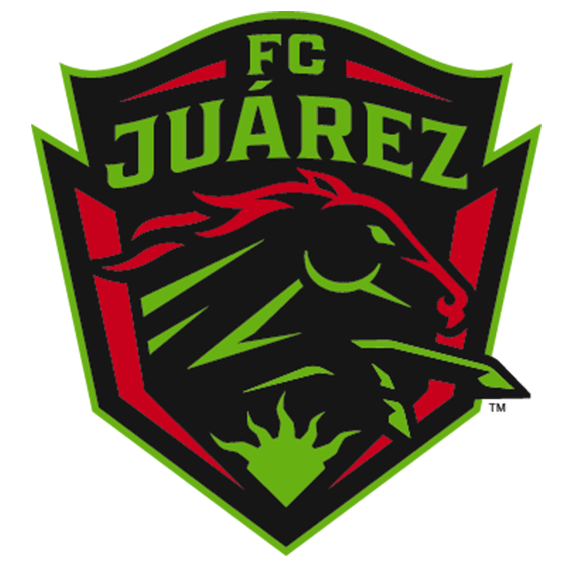
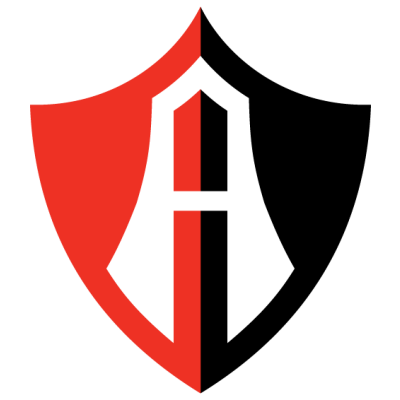
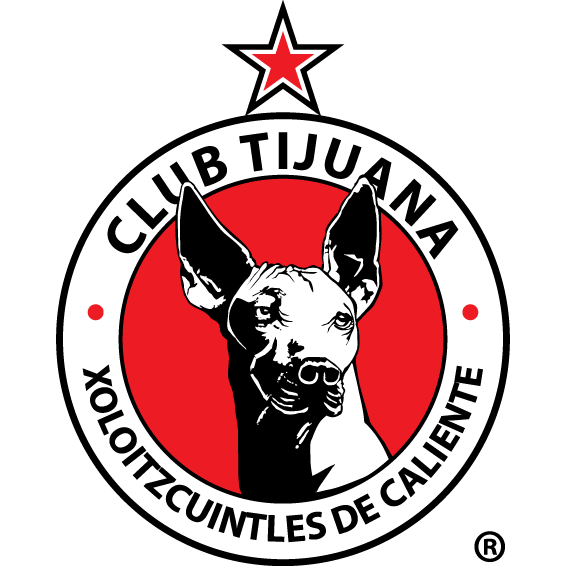




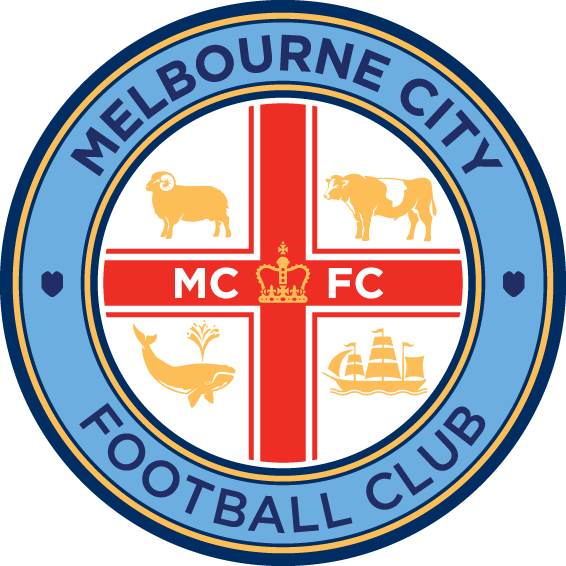
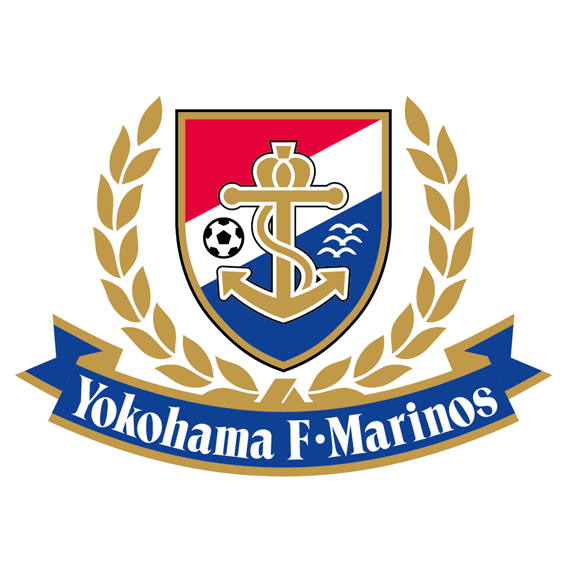
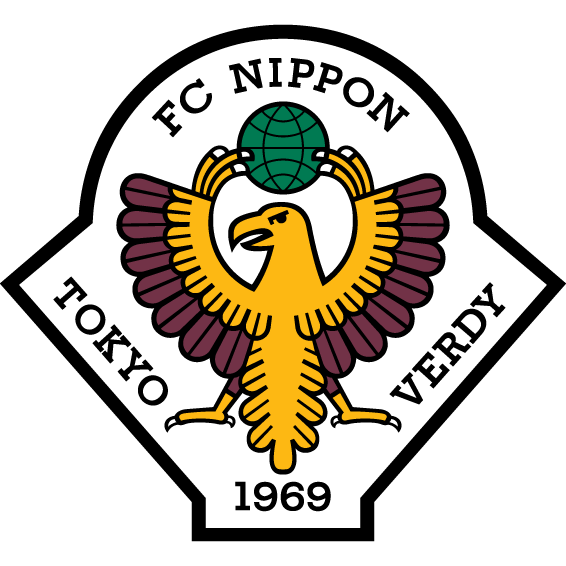


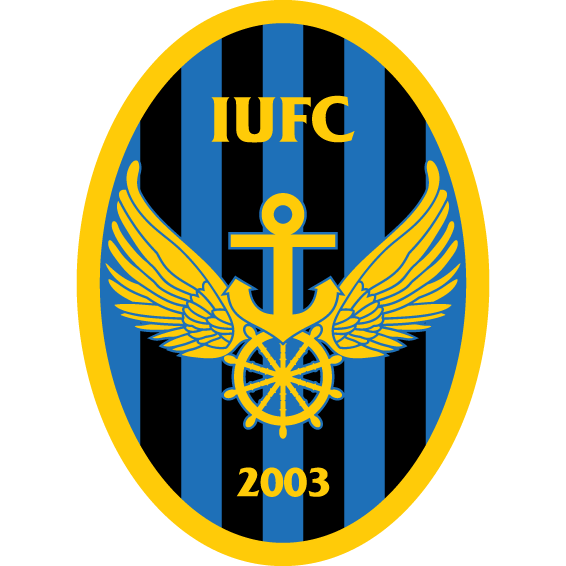
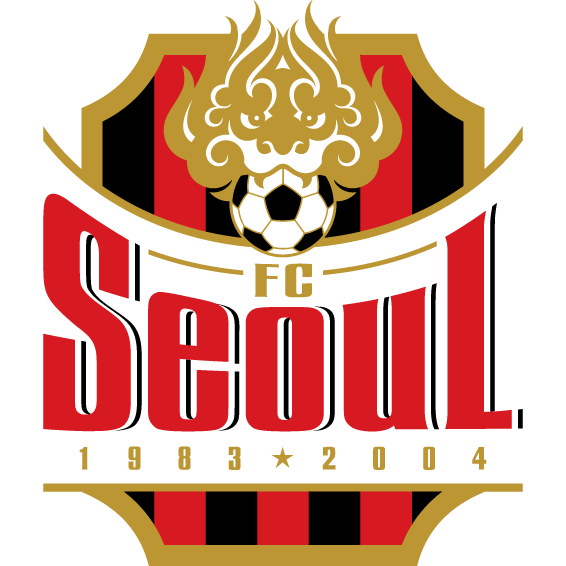
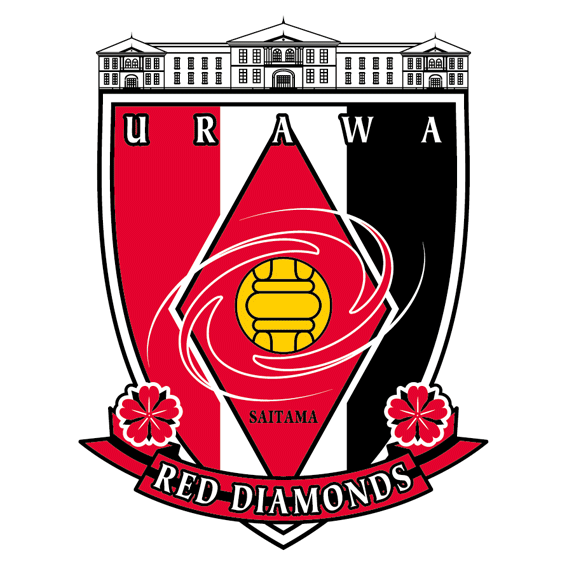
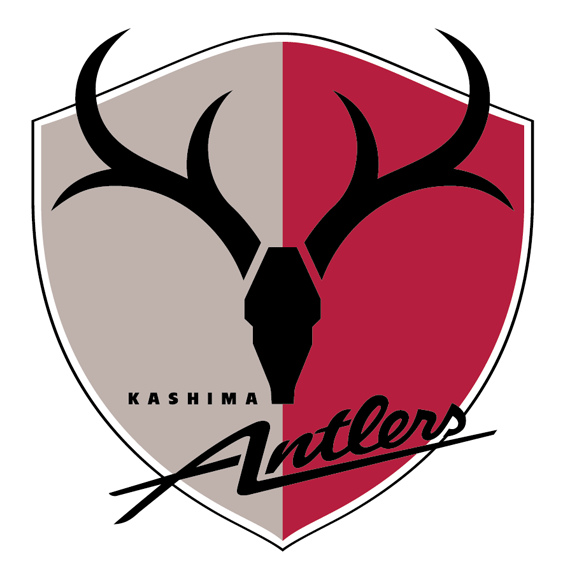

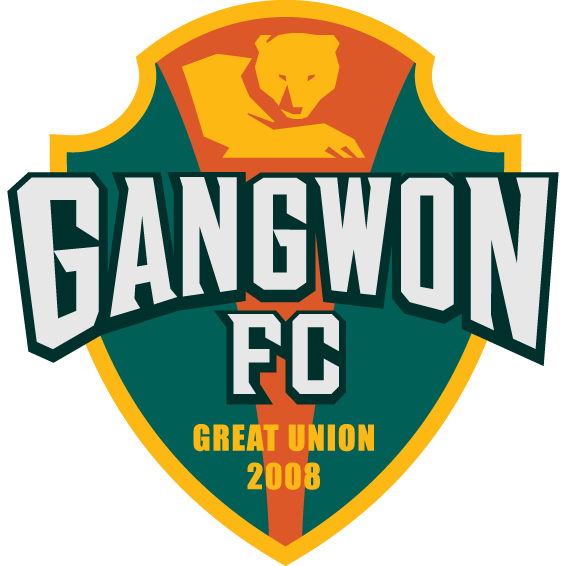
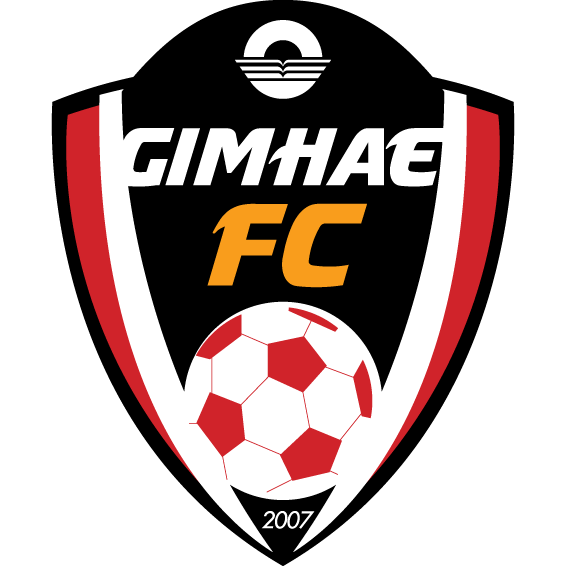

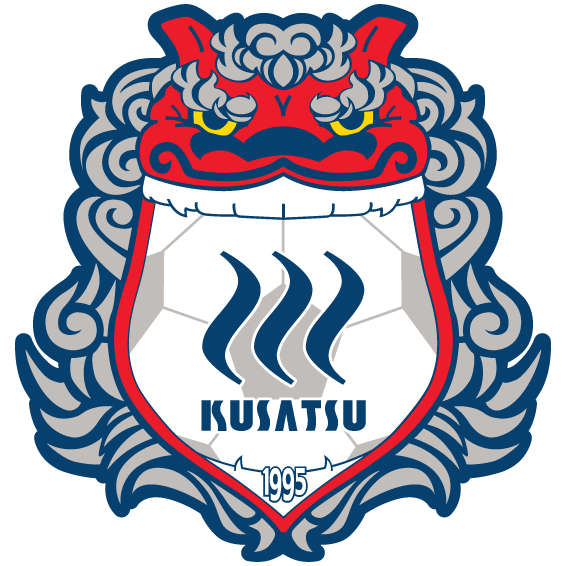


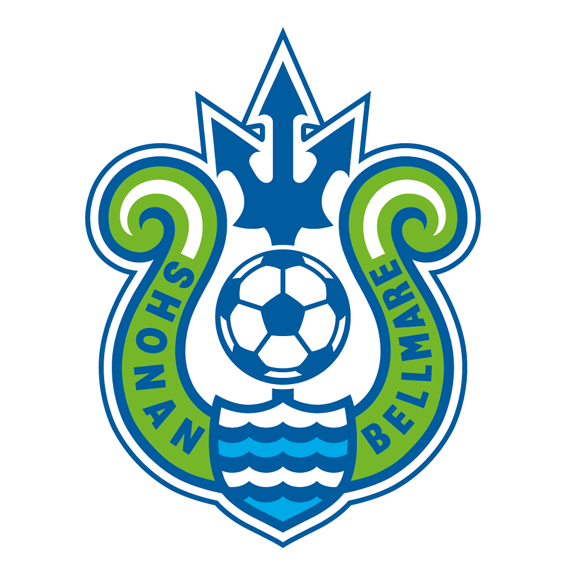
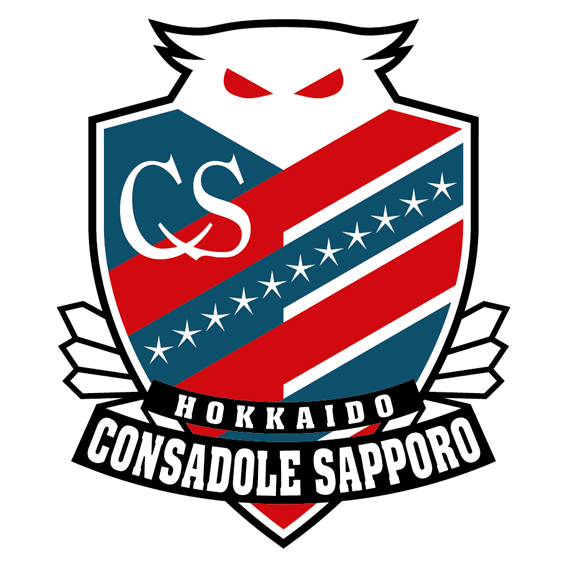
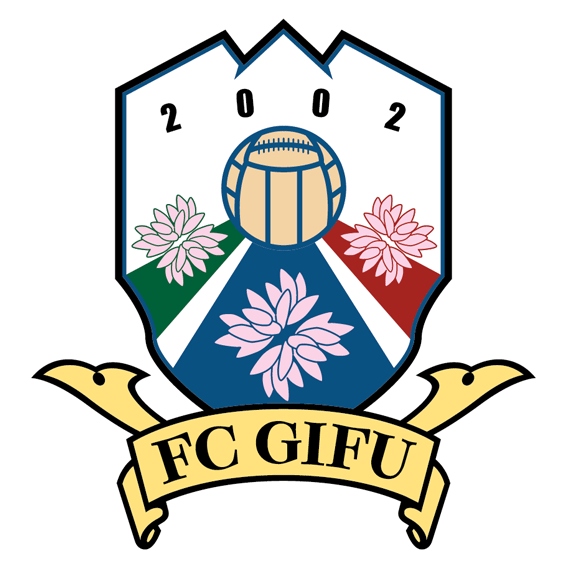
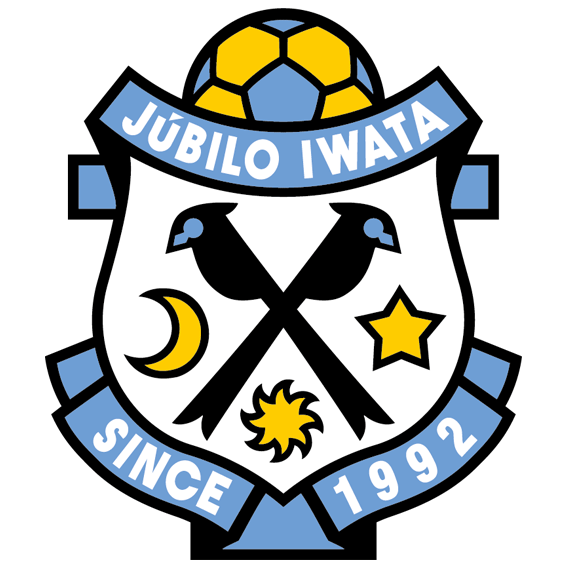
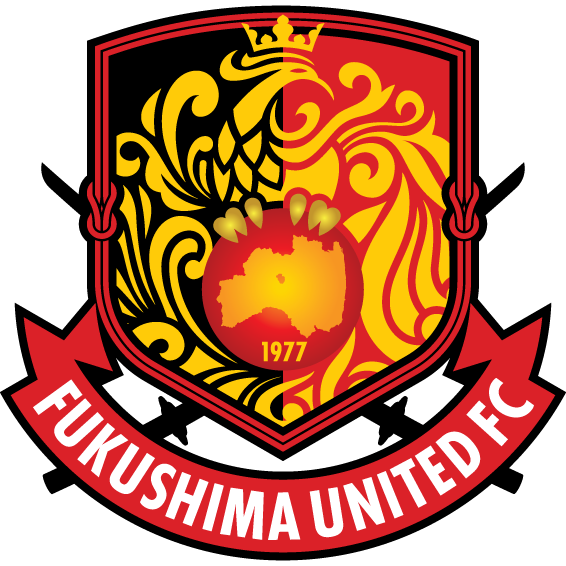
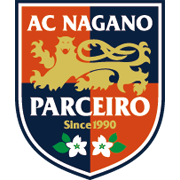
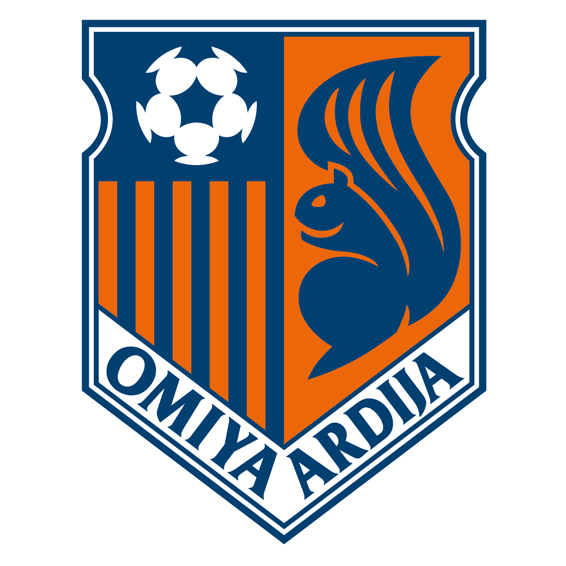
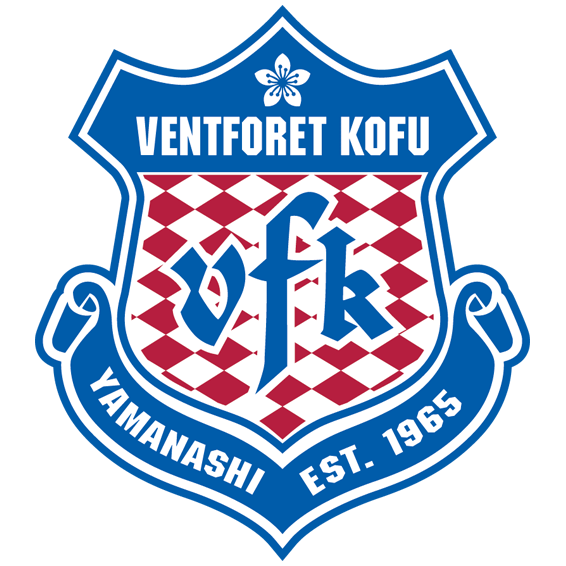
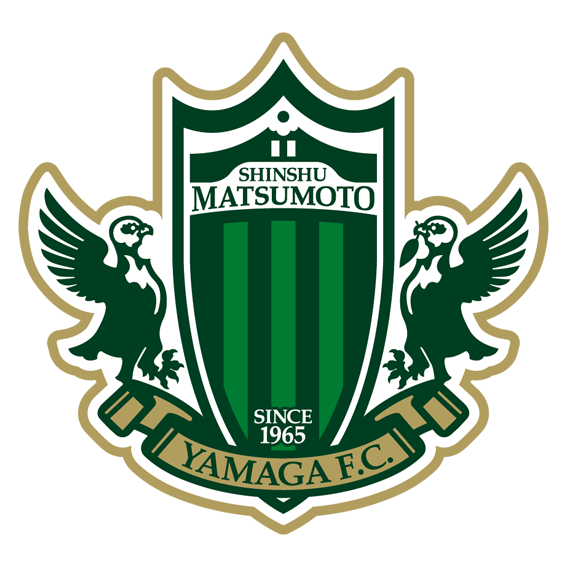
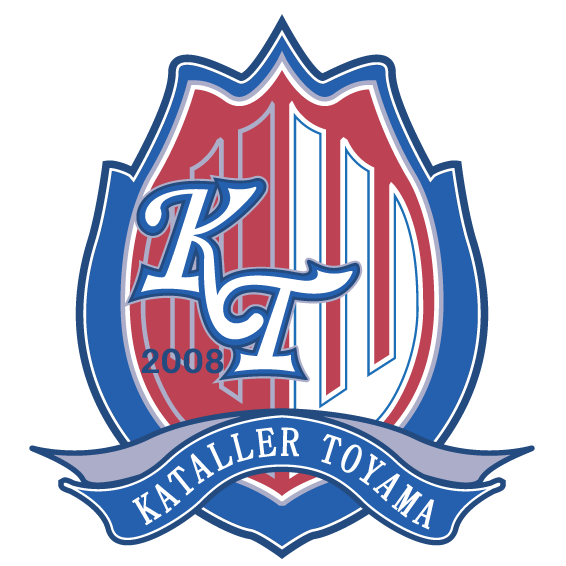

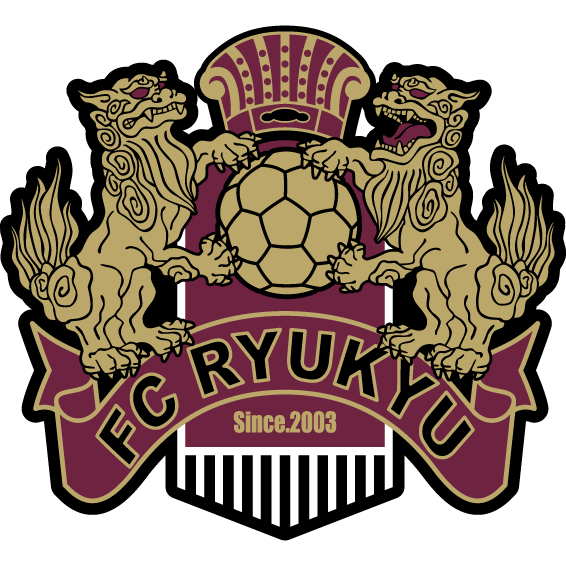
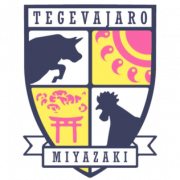

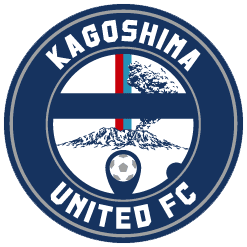





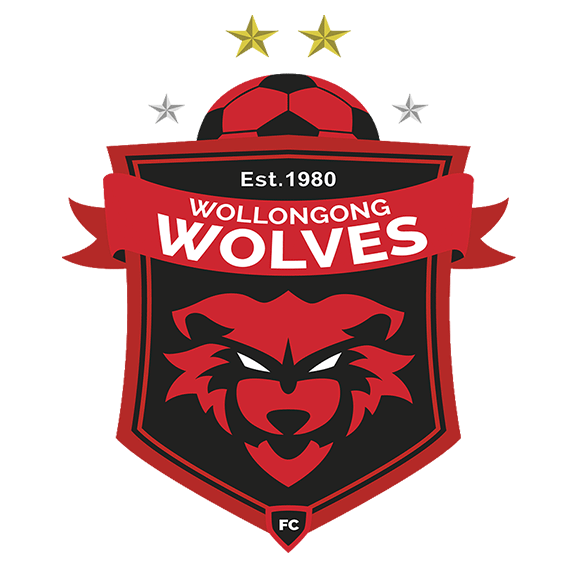
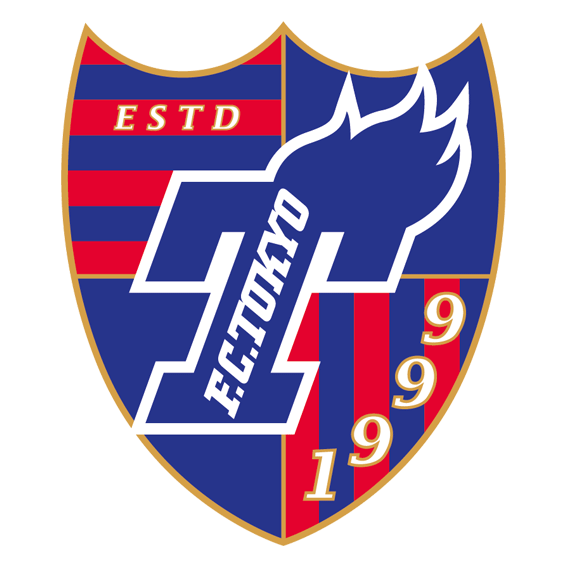

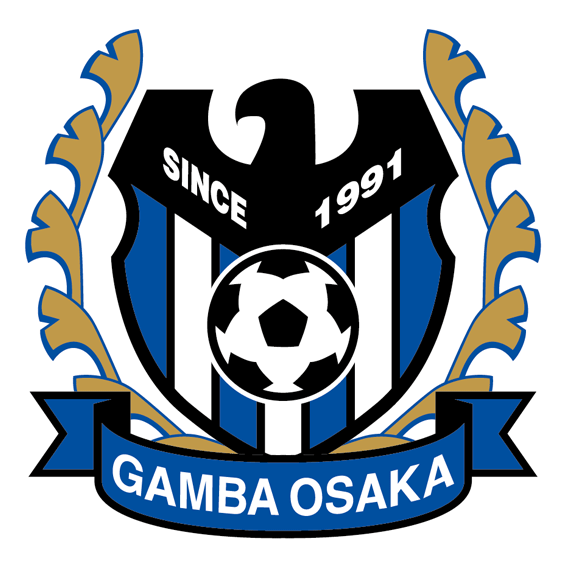
























There are no comments yet. Be the first to comment!